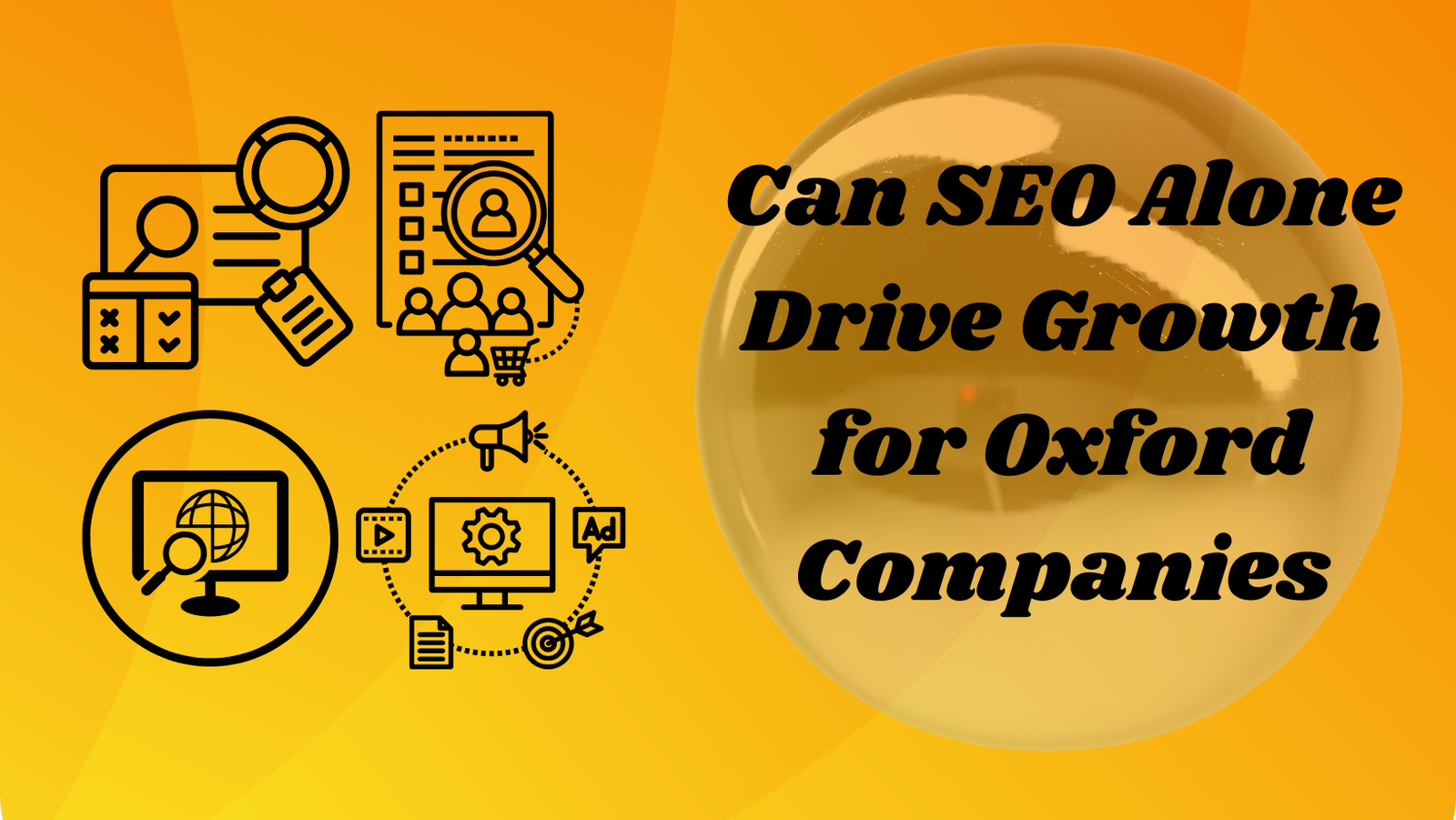| Kept Outline Sections | Reason for Inclusion |
|---|---|
| What is Personalization in Digital Marketing? | Core to understanding the personalization side. |
| Why Data Protection is More Critical Than Ever | Sets the importance of the balance. |
| The Role of a Digital Marketing Company in Modern Business | Context about who’s doing the work. |
| Data Protection Laws Every Digital Marketing Company Must Know | Highlights regulatory necessity. |
| Balancing Act: How to Be Personal Without Being Intrusive | Captures the crux of the issue. |
| Transparency is the New Trust in Digital Marketing | Critical principle for ethical marketing. |
| First-Party vs Third-Party Data: What’s the Difference? | Key to how companies collect and use data responsibly. |
| How AI Helps with Privacy-Smart Personalization | Shows how tech supports the balance. |
| Customer Trust: The Ultimate Currency in the Digital Age | The end goal of balancing both sides. |
| Ethical Marketing: Why It Matters More Than Ever | Defines the right mindset for marketers. |
| The Future of Personalized Marketing in a Privacy-Focused World | Brings everything together with a forward-looking lens. |
What is Personalization in Digital Marketing?
Imagine walking into a toy store where every shelf magically changes to only display your favorite toys. That’s exactly what personalization feels like in digital marketing. A digital marketing company uses personalization to show each person the right message, at the right time, based on what they like, click on, or search for.
How? They gather clues from what people do online—like what emails you open, websites you visit, or products you look at. With this, companies can say, “Hey, you liked that blue t-shirt last time, here’s a new one in your size!” This makes shopping faster, fun, and super relevant.
But—and it’s a big but—this magical experience only works well if it doesn’t feel creepy. No one wants to feel watched all the time. And that’s where data protection enters the stage like a superhero with a shield.
Why Data Protection is More Critical Than Ever
The internet is a lot like a crowded city—people talk, shop, share photos, and tell secrets. But just like in any real city, there are risks. If someone steals your backpack in a city, it’s bad. But if someone steals your personal data online, it can be worse.
Data protection is about keeping your digital backpack safe. It guards your name, your email, your location, and even your birthday. In a world where companies are constantly collecting this data, people are asking louder than ever: “Are you keeping my data safe?”
Governments heard this cry and made strict rules. In Europe, there’s GDPR, and in California, there’s CCPA. These laws say: “Hey, companies, you can’t just take people’s data. You need to ask nicely, explain why, and protect it like treasure.”
So, a digital marketing company must now think, “How do we personalize the experience but also follow the rules and respect people’s privacy?”
That’s the tightrope they walk daily.
The Role of a Digital Marketing Company in Modern Business
Let’s break it down: a digital marketing company is like the wizard behind the curtain of many brands you see online. These agencies are responsible for helping businesses connect with their audience—using ads, social media, emails, and websites that feel personal.
Their job is to grow businesses by understanding what customers want. But today, they must also become guardians of trust. Because if a customer feels their personal data is being misused, they walk away.
This dual role—marketer and protector—isn’t easy. But it’s necessary.
Data Protection Laws Every Digital Marketing Company Must Know
It’s not just about being nice. It’s the law. And failing to follow these laws can mean huge fines, lawsuits, and worst of all—losing your customers’ trust forever.
Here are some of the big names in data law:
- GDPR (General Data Protection Regulation) – In the European Union, companies must get clear permission before collecting personal data.
- CCPA (California Consumer Privacy Act) – Gives Californians the right to know what’s collected and to say “no” to the sale of their data.
- PDPA (Personal Data Protection Act) – Found in countries like Singapore and Thailand, with similar goals of giving users control.
A smart digital marketing company ensures they:
- Ask permission before collecting data.
- Tell users what the data will be used for.
- Give users a way to delete their data.
- Keep all data safely stored.
That means: no shady stuff, no snooping, and no surprise tracking.
Balancing Act: How to Be Personal Without Being Intrusive
So, how can a digital marketing company wow customers with personalization without crossing the line?
Think of it like a polite store assistant. They remember your name, know your favorite color, but never follow you into the restroom. Respecting space is key.
Here’s how companies do it:
- Use only the data people give you freely (called “first-party data”).
- Let people opt-in to emails and offers, instead of forcing them.
- Show them the benefits of sharing their info—like birthday discounts or faster checkouts.
- Never surprise them with unexpected uses of their info.
In other words, personalization should feel helpful, not spooky.
Transparency is the New Trust in Digital Marketing
Here’s a golden truth: When people trust you, they’ll stay with you.
And the best way to earn that trust? Be honest.
Let customers know:
- What data you’re collecting.
- Why you need it.
- How it helps them.
- What happens if they say “no.”
Many digital marketing companies now add “privacy dashboards” or simple privacy explanations to their websites and emails. This lets users see what’s happening and adjust settings easily.
When people feel in control, they feel safe.
First-Party vs Third-Party Data: What’s the Difference?
Let’s keep this simple.
- First-party data is like someone telling you their favorite food directly.
- Third-party data is like you overhearing it from someone else.
Digital marketing companies are moving away from third-party data. It’s often less accurate, less ethical, and soon it might be banned entirely by browsers like Google Chrome.
That’s why collecting first-party data—through signups, purchases, surveys, and feedback—is now the golden path. It’s more trusted and reliable.
How AI Helps with Privacy-Smart Personalization
You might think artificial intelligence (AI) is the villain of the story. But it’s not. It’s the sidekick.
AI helps digital marketers:
- Group people into audiences without revealing individual identities.
- Analyze trends without spying on specific people.
- Suggest products or content based on safe, anonymized data.
In other words, AI can personalize without getting “too personal.” And when combined with ethical rules, it becomes a power tool for building loyalty and boosting sales.
Customer Trust: The Ultimate Currency in the Digital Age
Forget likes. Forget followers. The most valuable thing a brand can earn today is trust.
And trust is fragile. One data breach, one leaked email list, or one sneaky cookie, and it’s gone.
So what do great digital marketing companies do?
- They put privacy first—not last.
- They test systems for leaks and bugs regularly.
- They train their team to respect data.
- They make it easy to opt-out, not hard.
Because a customer who trusts you will not only buy from you—they’ll recommend you.
Ethical Marketing: Why It Matters More Than Ever
Being ethical isn’t just about following the rules. It’s about doing what’s right—even when no one’s looking.
Ethical digital marketing:
- Doesn’t manipulate.
- Doesn’t hide the truth.
- Doesn’t chase profits at the cost of people.
A company that values ethics will grow slower—but it will also grow stronger.
And guess what? That’s the kind of company people want to support.
The Future of Personalized Marketing in a Privacy-Focused World
So, what’s next?
We’re heading into a world where personalization and privacy will co-exist. It’s not a fight—it’s a friendship.
What’s changing:
- More people will own their data—and rent it to brands they trust.
- Brands will use less data but do more with it, thanks to smarter tools.
- People will prefer companies that give them control, clarity, and comfort.
So, a digital marketing company that gets ahead of this curve—focusing on ethical AI, transparency, first-party data, and customer trust—will not only survive but thrive.
Conclusion
In today’s digital world, being personal is powerful—but being ethical and transparent is priceless. A forward-thinking digital marketing company knows how to blend these elements to win hearts without crossing boundaries. It’s not just about marketing anymore. It’s about trust-building at scale.
















Leave a Reply